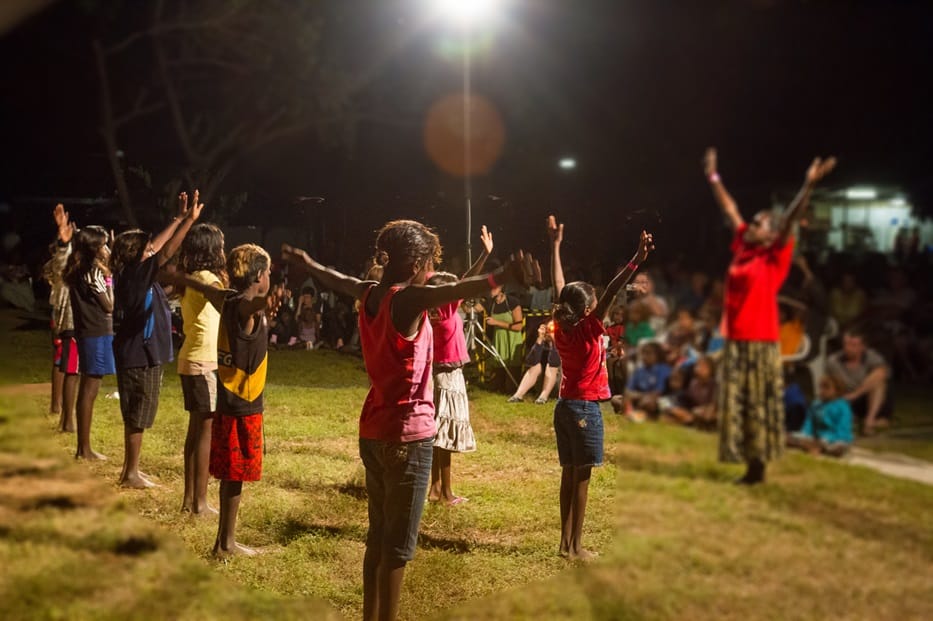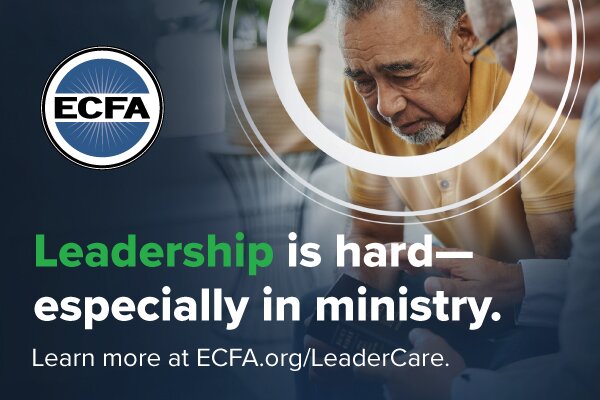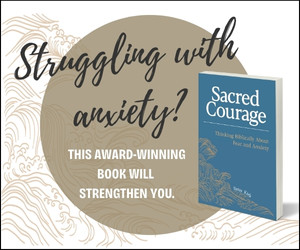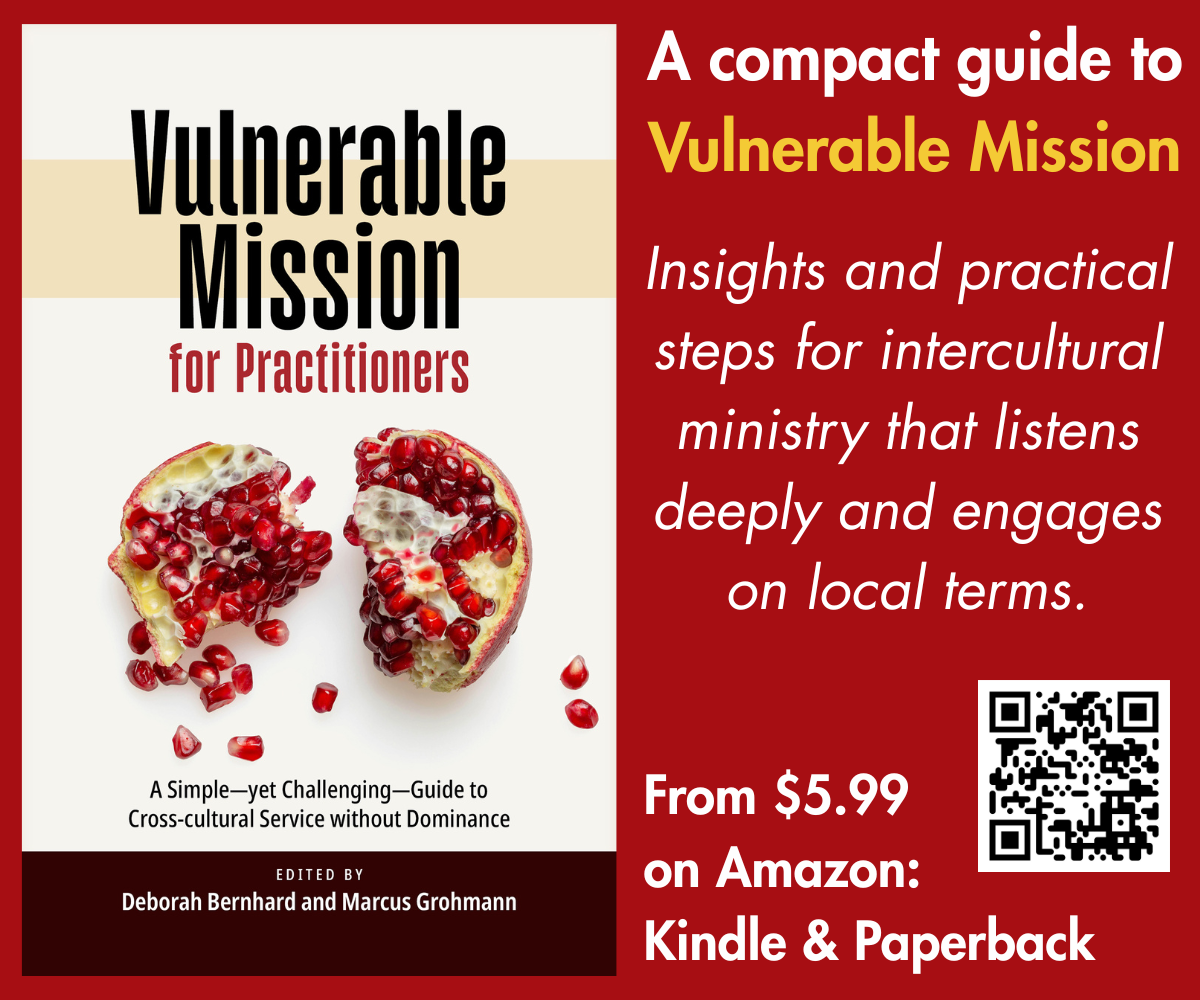EMQ » Jan – March 2025 » Volume 61 Issue 1

Arts in Oral Cultures
Summary: After personally experiencing the power of the arts in my own life, I’ve discovered how the arts can be helpful and transformative tools for workers to bring the good news to oral cultures. The arts reflect the values of and dynamics in a community, bridge generations, and aid in discipleship. They also provide avenues for the hearers of the gospel to creatively and meaningfully express their understanding of the gospel, their growing faith, and their worshipful response to God.
By Rocelyn A. Madinger
Though a music graduate, I could not write a song because of fear of failure and rejection. I hid my deep-seated insecurities behind the busyness of ministry. I masked my fear of people by spending hours in church and the seminary, where I taught worship and church music.
My job and ministry became my source of identity and security. Despite these feelings of inadequacy, during my 15th year at the seminary, I felt God’s nudge to leave and serve wherever he would send me. What was clear then was it had something to do with music and mission. The training that opened up for me was a three-month course in ethnoarts.
I eventually realized that to share God’s love with people cross-culturally, I had to experience the love of God for me all over again. In my ethnoarts training, God used people who cared enough to mentor me and loved me enough to listen to the amateurish songs I began to compose.
I was listened to, even if half the time I did not believe I was worth listening to. And in that safe environment where tears freely mingled with poetry and realizations expressed through childish drawings, I began celebrating God’s love and acceptance of me.
The arts allowed me to rediscover myself and to develop a deeper appreciation for my culture before anyone commissioned me to the field. I learned that my language and our people’s languages, music, and culturally creative expressions of our minds and hearts are valuable in the eyes of God. We are not inferior to nor better than anyone else.
Little did I know that people in the minority communities whom I would serve also struggled with culturally embedded identity issues of very low self-worth. Though some considered themselves Christian, went to church, or possessed the Scriptures printed in their language, many lived with shame over who they were. They are looked down on by society, ridiculed, and marginalized for having a darker skin color or shorter height or for speaking with a strange accent, dressing differently, or being poor.
Member-Only Access
Evangelical Missions Quarterly (EMQ) is available to Missio Nexus members as a member-only benefit or as a digital subscription.
Please login to gain access or join Missio Nexus!







